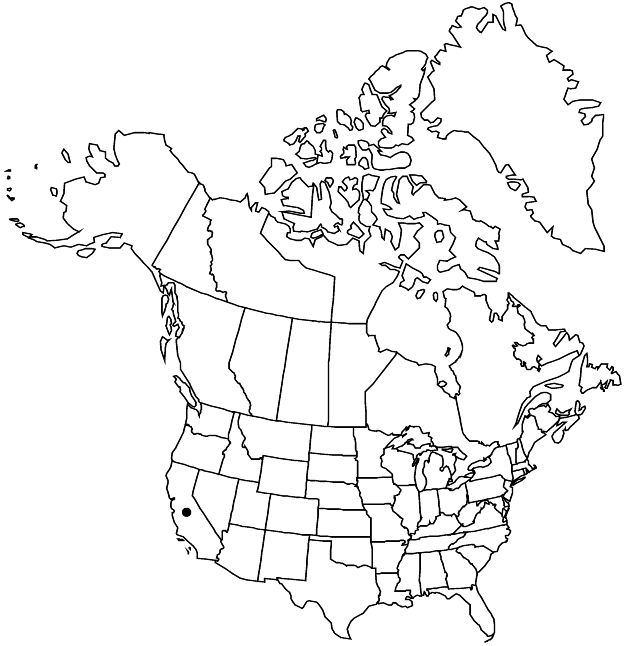Difference between revisions of "Eriogonum libertini"
Madroño 28: 163, fig. 1. 1981.
FNA>Volume Importer |
imported>Volume Importer |
||
| Line 8: | Line 8: | ||
}} | }} | ||
|common_names=Dubakella Mountain wild buckwheat | |common_names=Dubakella Mountain wild buckwheat | ||
| + | |special_status={{Treatment/ID/Special_status | ||
| + | |code=E | ||
| + | |label=Endemic | ||
| + | }} | ||
|basionyms= | |basionyms= | ||
|synonyms= | |synonyms= | ||
| Line 46: | Line 50: | ||
|publication title=Madroño | |publication title=Madroño | ||
|publication year=1981 | |publication year=1981 | ||
| − | |special status= | + | |special status=Endemic |
| − | |source xml=https:// | + | |source xml=https://bitbucket.org/aafc-mbb/fna-data-curation/src/2e0870ddd59836b60bcf96646a41e87ea5a5943a/coarse_grained_fna_xml/V5/V5_724.xml |
|subfamily=Polygonaceae subfam. Eriogonoideae | |subfamily=Polygonaceae subfam. Eriogonoideae | ||
|genus=Eriogonum | |genus=Eriogonum | ||
Latest revision as of 22:13, 5 November 2020
Herbs, spreading, matted, synoecious, 0.5–2 × 1–4 dm, thinly floccose. Stems: caudex spreading; aerial flowering stems erect, slender, solid, not fistulose, arising at nodes of caudex branches and at distal nodes of short, nonflowering aerial branches, 0.5–1.5(–1.8) dm, thinly floccose, with a whorl of 3 bracts ca. midlength, similar to leaf blades, 0.5–0.7 × 0.2–0.4 cm. Leaves in compact basal rosettes; petiole 0.2–0.6 cm, tomentose; blade oblong to elliptic, 0.5–1.5(–2) × 0.3–0.5(–0.8) cm, densely white-tomentose abaxially, thinly tomentose and greenish adaxially, margins entire, plane. Inflorescences capitate, 1–1.5 cm wide; branches thinly floccose; bracts 3, leaflike, narrowly lanceolate to narrowly elliptic, 0.5–0.7 × 0.2–0.5 cm. Involucres 1 per node, turbinate-campanulate to campanulate, 4–8 × 5–8 mm, tomentose; teeth 5–8, erect, 0.5–1.5 mm. Flowers 5–8 mm, including 1–1.5 mm stipelike base; perianth sulphur yellow, sparsely pubescent abaxially; tepals monomorphic, spatulate to oblong; stamens mostly included, 4–6 mm; filaments pilose proximally. Achenes light brown, 4–5 mm, glabrous except for sparsely pubescent beak.
Phenology: Flowering Jun–Aug.
Habitat: Sandy to gravelly serpentine slopes and outcrops, manzanita communities, oak and montane conifer woodlands
Elevation: 1100-1600 m
Discussion
Eriogonum libertini is encountered infrequently in the Dubakella and Tedoc mountains area of Tehama and Trinity counties in northwestern California. It is closely related to E. ternatum, found to the north.
Selected References
None.
